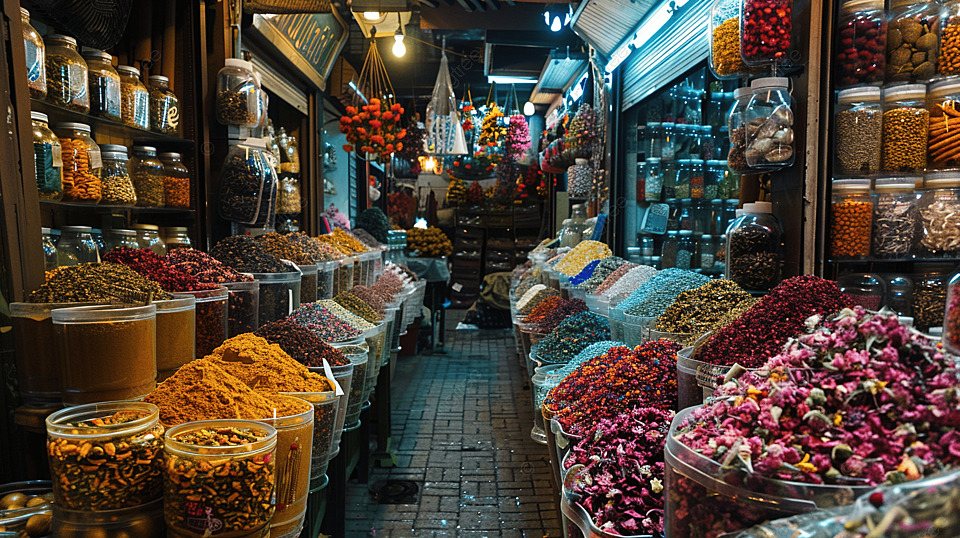In the expansive realm of culinary arts, the spice market stands as a vibrant tapestry woven together by a multitude of flavors, each bearing the unique imprint of artisanal producers. These dedicated craftsmen, often tucked away in remote corners of the world, play a pivotal role in defining the essence of global cuisine. At the heart of their craft lies a deep-rooted tradition passed down through generations. These artisans are not merely suppliers; they are custodians of ancient knowledge and guardians of biodiversity. From the sun-drenched slopes of Kerala to the arid plains of Morocco, they nurture and harvest a dazzling array of spices, each with its own story to tell. Take, for instance, the delicate saffron threads painstakingly cultivated in the valleys of Kashmir. Here, amidst breathtaking vistas, farmers rise before dawn to handpick each crimson stigma, a process so meticulous that it takes thousands of flowers to yield a mere ounce of this precious spice. Their dedication ensures that every strand of saffron carries the region’s rich heritage and distinctive flavor profile—a testament to their unwavering commitment to quality.

Similarly, the piquant allure of Ethiopian berbere spice blend owes its complexity to the skilled hands of spice artisans who expertly blend fiery peppers, earthy fenugreek, and aromatic cardamom. This blend is more than a mere seasoning; it encapsulates centuries of culinary tradition and cultural exchange along the ancient spice routes of the Horn of Africa. Artisanal producers not only preserve culinary traditions but also champion sustainable practices. In the mist-shrouded hills of Sri Lanka, small-scale cinnamon farmers embrace organic farming methods that safeguard both the land and its inhabitants. By eschewing chemical pesticides and opting for traditional cultivation techniques, they ensure that each cinnamon quill retains its pure, unadulterated flavor, free from synthetic residues. Beyond their cultural significance, artisanal spices often embody a sense of terroir—a notion typically associated with wine but equally relevant in the realm of spices.
Just as soil composition, climate, and elevation shape the character of wine grapes, these factors influence the flavor profile of spices. The volcanic soils of Indonesia impart a deep, smoky undertone to their cloves, while the high-altitude plains of Mexico imbue their vanilla beans with a robust, floral fragrance. In today’s global market, where mass-produced commodities often dominate, artisanal spice producers offer a compelling alternative. Their products not only promise superior quality and flavor but also support local economies and preserve biodiversity. By cultivating rare and heirloom varieties, these artisans safeguard genetic diversity and ensure that future generations can continue to savor the myriad flavors of the Rota das Índias spice world. artisanal producers are the custodians of flavor, the alchemists who transform raw ingredients into culinary treasures. Their spices transcend mere gustatory delight; they evoke memories, celebrate traditions, and connect us to distant lands and cultures.



